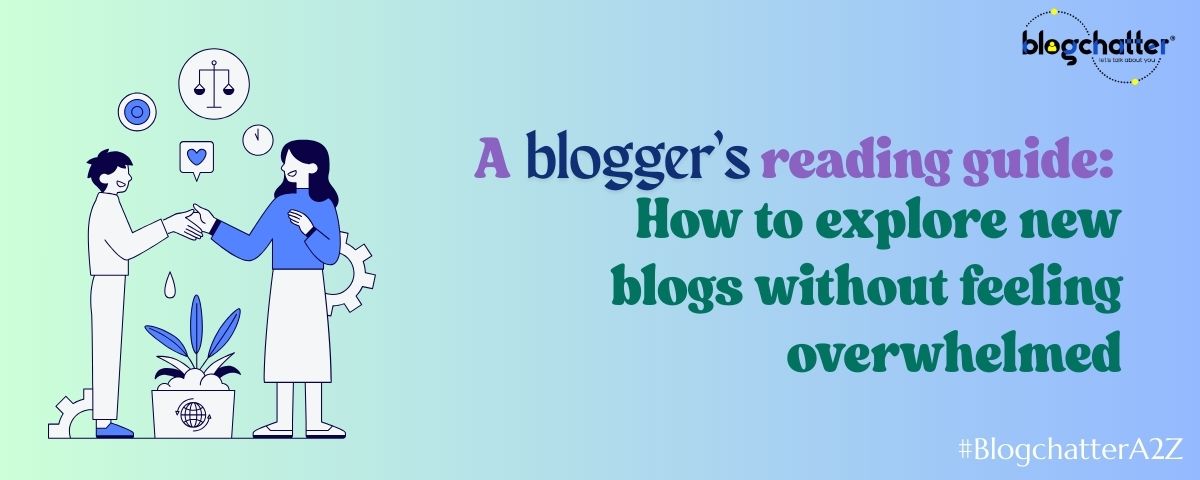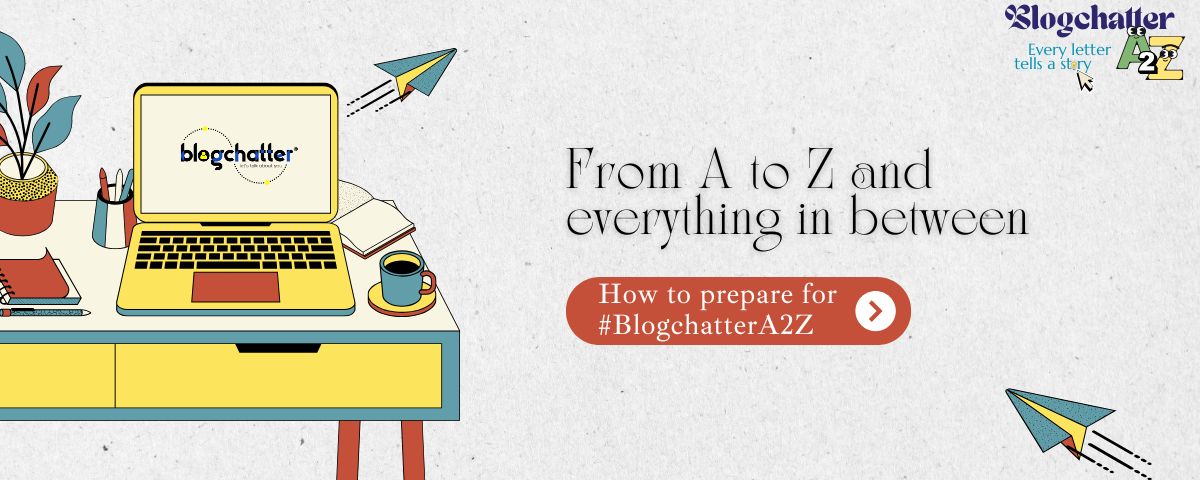Fake news is one of the most serious challenges for the news industry and for the general population who have taken to consuming news using social media.
What is fake news
News or information that has been changed to suppress certain facts is called fake news. It is created with the intention to deceive and it is spread on purpose, mostly for secondary gains like spoiling the reputation of a brand, or spreading rumours and panic to put a group in a disadvantageous position.
With the advent of technology and due to easy access, people are using social media as an informal way to read news. Sharing on social media is very convenient and fast so anything that strikes a chord has the potential to go ‘viral.’

How to counter fake news
Firstly, don’t believe everything you read on social media or everything that is shared, even if its someone you know. Don’t forward news without being sure yourself.
Secondly, verify facts at various levels. Check whether the news has cited external sources. Talk or listen to the experts.
Certain ‘so called news’ can be harmful at an individual level, especially when it concerns health issues and medication. WhatsApp for example is notorious for adding perfectly safe medicines into the “banned” list of medicines, distributing this as fact and creating mass panic.
#DebunkRumours
The Blogchatter community came together to do their bit to fight this menace of fake news. Our #DebunkRumours movement on the fight against fake news gained traction with community voices raising awareness on why fact-checking is vital. Many bloggers talked of the ways this fake news nearly derailed their life.
Here are some of the blog posts that the community members wrote about their experience with debunking myths.
Atul’s post is an engaging account of how rumours can impact everyday living and what we can do to debunk the fake news online.
Pratibha reiterates that in this age of connectivity that enables instant sharing, we should not forget to be responsible. We must verify news and opinions before spreading them online.
Sudip writes a personal account of his experience with finding facts for himself on the internet and busting the rumours.
Samarpita talks about the importance of raising awareness on fighting fake news and rumours in the online space.
Tina talks about the rumours she encountered and the fact finding mission she went on rather than blindly believing what was circulating on social media.
Dr. Pooja talks about her experience with her one of her patients and how she convinced him not to believe news blindly especially when it concerns medicines.
Always remember to do your fact-checking before believing anything.





